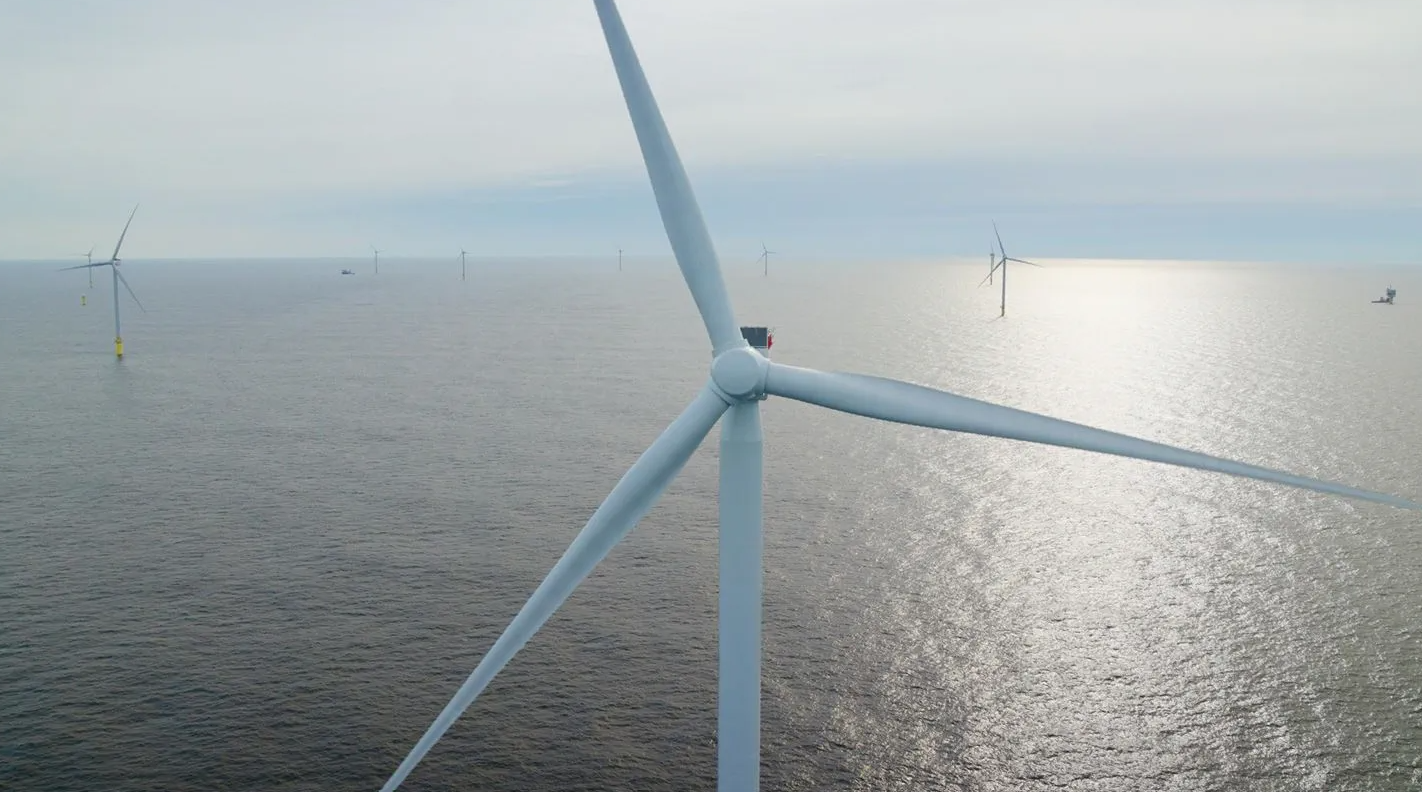
Introduction
As global warming and environmental concerns top the agenda, companies pioneering renewable energy solutions have become pivotal in addressing these challenges. One such leader is the Danish company Ørsted, which has made significant strides in offshore wind energy and sustainable development. With an ambitious aim to become completely carbon neutral by 2025, Ørsted’s trajectory is crucial for industries and nations that seek alternatives to fossil fuels.
Recent Developments and Achievements
Ørsted recently announced ambitious projects, including the construction of the world’s largest offshore wind farm, the Hornsea Project Three, located in the North Sea. This project has the potential to power over 2 million homes with clean energy. As of October 2023, Ørsted’s extensive portfolio includes numerous offshore wind farms, solar energy projects, and sustainable energy initiatives across Europe, Asia, and North America, demonstrating its commitment to a greener future.
The company has also made significant investments in hydrogen production, which is viewed as a critical component of achieving net-zero emissions globally. Ørsted’s partnerships with various international firms aim to scale hydrogen production and utilisation, further propelling the clean energy transition.
Ørsted’s Impact on the Environment and Economy
By focusing on sustainable energy solutions, Ørsted not only contributes to reducing carbon emissions but also fosters economic growth through job creation in the renewable sector. The company’s assessment indicates that its projects have generated thousands of jobs, from construction to maintenance and operation of wind farms.
Furthermore, Ørsted is leading by example, providing transparency in its sustainability efforts and reporting its environmental impact. It has received accolades for its commitment to Corporate Social Responsibility (CSR), making it a model for other companies in the energy sector.
Conclusion
Ørsted’s initiatives represent a vital shift in how energy can be harnessed while being environmentally responsible. As the company continues to expand its influence in renewable energy, it sets a benchmark for sustainability practices within the industry. Looking forward, Ørsted’s growth and success in clean energy may inspire other corporations to pursue similar paths toward a sustainable future, positively affecting climate change and providing a model for green corporate governance.
You may also like

The Importance of Building a Sustainable Company

Understanding the Significance of Energy in Our Lives

The Impact of White Lotus on Environmental Tourism
SEARCH
LAST NEWS
- Remembering Wendy Richard: The Promise to Co-Star Natalie Cassidy
- How Did Anglian Water Achieve an ‘Essentials’ Rating for Mental Health Accessibility?
- Shai Hope Leads West Indies in T20 World Cup Clash Against South Africa
- What We Know About Weston McKennie: Future at Juventus and Past at Leeds
- What We Know About the Upcoming Live Nation Antitrust Trial